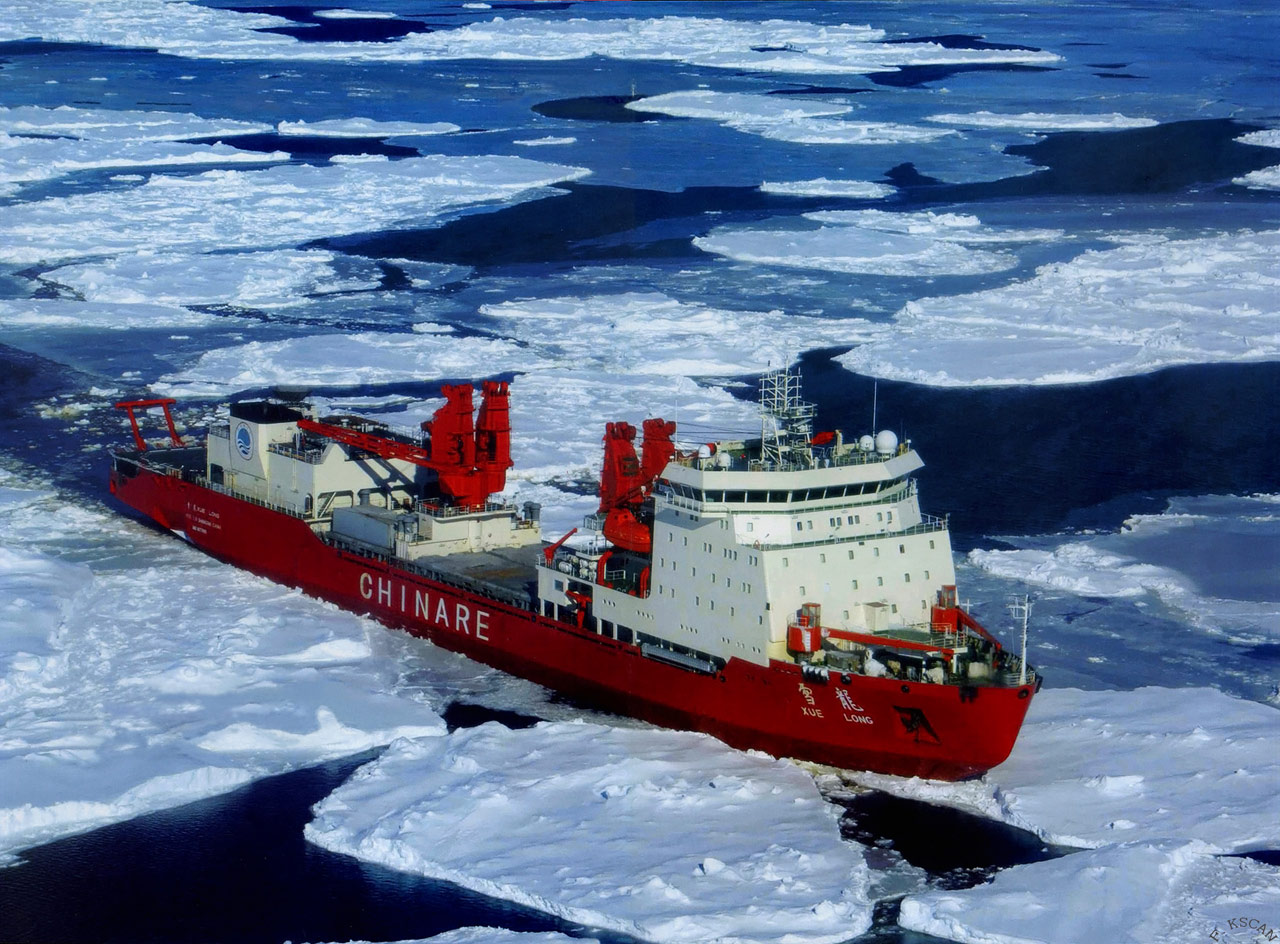China’s arctic policy to facilitate cooperative governance

China’s icebreaker Xuelong that Chinese scientists have taken to do research in the Arctic area
The Arctic situation goes beyond its original inter-Arctic States or regional nature, involving the interests of states outside the region and the international community as a whole, as well as the survival, development, and shared future for mankind, according to China's Arctic Policy released in late January. It is said in the white paper that China is “an active participant, builder and contributor to Arctic affairs who has spared no efforts to contribute its wisdom to the development of the Arctic region.”
Identifying China as “an important stakeholder in Arctic affairs,” the white paper clarifies China’s standpoint, which will help to alleviate the concerns some countries have about China’s participation in the region and enhance collaboration, said Ding Huang, dean of the College of Political Science and Public Administration at Wuhan University.
“The white paper first of all expresses China’s strong sense of responsibility when participating in Arctic affairs as a major country,” said Li Zhenfu, director of the Center for Polar and Marine Research at Dalian Maritime University. China aims to maintain the interests of the states and the international community in the Arctic region, promoting the region’s sustainable development and social and economic growth, improving life quality of the local people, and facilitating mutual growth. China is more of a giver that shoulders responsibilities, added Li.
China has prioritized exploring and understanding the Arctic region amid its Arctic activities. Wang Chuanxing, deputy director of the Center for Polar and Oceanic Studies at Tongji University, said that China has carried out scientific research in the region in two ways. It has opened a scientific research station in the region, and the scientists have taken the icebreaker Xuelong to do research in the area. China will contribute more to atmospheric observation, environmental monitoring and scientific data collection in the Arctic.
Li said that China’s participation in Arctic governance will create opportunities in three aspects. China’s concept of respect, cooperation, mutual benefit and sustainable development will shed new light on governance, cooperation and coordination in the area. China’s involvement will bring more funding and create greater demand. In addition, its participation will encourage other countries to take part in building and developing the area and follow the principle of sustainable development, which will facilitate coordination in the region.
China’s ultimate goal of participating in the exploration of the Arctic region is to create a mutually beneficial situation and facilitate sustainable development, fundamentally contributing to the region and benefiting the local people, said Ding. As an example, Ding pointed to the Yamal liquefied natural gas project on which China and Russia cooperate. Crossing the Arctic Circle and connecting North America, East Asia and Western Europe, the project has become an important element on the “Polar Silk Road.” The project has promoted the Russian energy industry and the development of border areas. It has also created opportunities for China to cooperate with North European countries, such as Finland, on infrastructure in the Arctic region, Ding added.
Both in China and the world, more attention is being paid to Arctic research, especially research on its governance. Ding said further research on Arctic governance is needed in two dimensions. Researchers need to study the mechanism for implementing China’s Arctic policy, especially in the context of China’s foreign policy. Moreover, multidisciplinary research needs to be strengthened in light of the concept of a community of shared future for mankind, a right concept of righteousness and benefit, and overall concept of national security.
Li said that Arctic affairs relate to legal, economic, political and military research, requiring collaboration among higher education and research institutions in various fields.
As climate change leads to changes of the natural environment in the Arctic region, its social environment is also changing, said Wang. Participants in international politics in the polar area are not merely sovereign states. A multi-level and multi-agent pattern has come into being, and participants have extended the areas of their involvement. When paying attention to non-traditional security studies, researchers cannot neglect traditional security issues, Wang said.
(edited by JIANG HONG)
